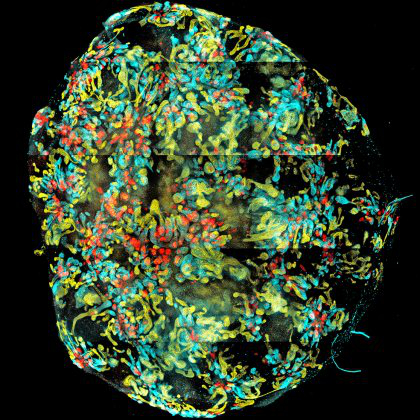Organ-makers get big backing
 A local health robotics startup has secured millions in funding.
A local health robotics startup has secured millions in funding.
The Melbourne-based International Medical Robotics Academy (IMRA) has reportedly raised $5.6 million in a funding round led by venture capital firm Trefor Capital.
IMRA, founded by renowned surgeon and entrepreneur Professor Tony Costello in 2017, aims to enhance surgical training through realistic simulations inspired by Qantas' pilot training methods.
The funding will enable IMRA to expand its production of synthetic organs and lifelike torsos used for training surgeons.
The company says it has evolved from a non-profit organisation into a manufacturer and exporter of high-fidelity synthetic organs, such as kidneys, colons, and uteruses, complete with artificial nerves, blood, and urine.
These synthetic human tissue models allow surgeons to practise complex procedures, including hysterectomies, pancreatectomies, and prostatectomies, without risking patient safety.
By using these simulations, IMRA hopes to significantly reduce the rate of surgical complications.
Professor Costello, inspired by his father's background in aviation, recognized the value of simulation training for pilots and sought to apply similar principles to surgical education.
With a strong belief that poor training contributes to the high complication rates in surgery, Professor Costello says he aims to establish a robust training system that allows surgeons to practise outside the operating room.
To develop their curriculum and provide comprehensive training for robotic surgical procedures, IMRA has enlisted the expertise of Captain Matt Gray, Qantas' chief training pilot.
The company also acquired Pracanatomy, a Hollywood-based organisation founded by Shaun Patten, a skilled film prosthesis designer who worked on projects such as The Lord of the Rings.
In contrast to outdated training methods that relied on live animal experimentation and cadavers, IMRA's synthetic organs and torsos offer a cost-effective alternative.
While performing surgeries on pigs or using cadavers can cost thousands of dollars, IMRA's reusable torsos retail for approximately $20,000, with individual organs priced between $200 and $500.
IMRA's training courses have gained endorsements from prestigious medical institutions like the Royal Australasian College of Surgeons and the Royal College of Surgeons in Ireland.
The company says it is in talks with leading universities and hospitals in Europe and the United States to implement its robotics surgical training courses and purchase the Australian-made synthetic organs.
Professor Costello, a pioneer of robotic surgery with extensive experience operating the Da Vinci robot system, predicts that the majority of thoraco-abdominal and pelvic surgeries will eventually be performed using robotics.
He also highlights the emergence of more affordable robotic platforms, challenging the long-standing monopoly held by Intuitive Surgical and making the technology accessible to public hospitals.








 Print
Print